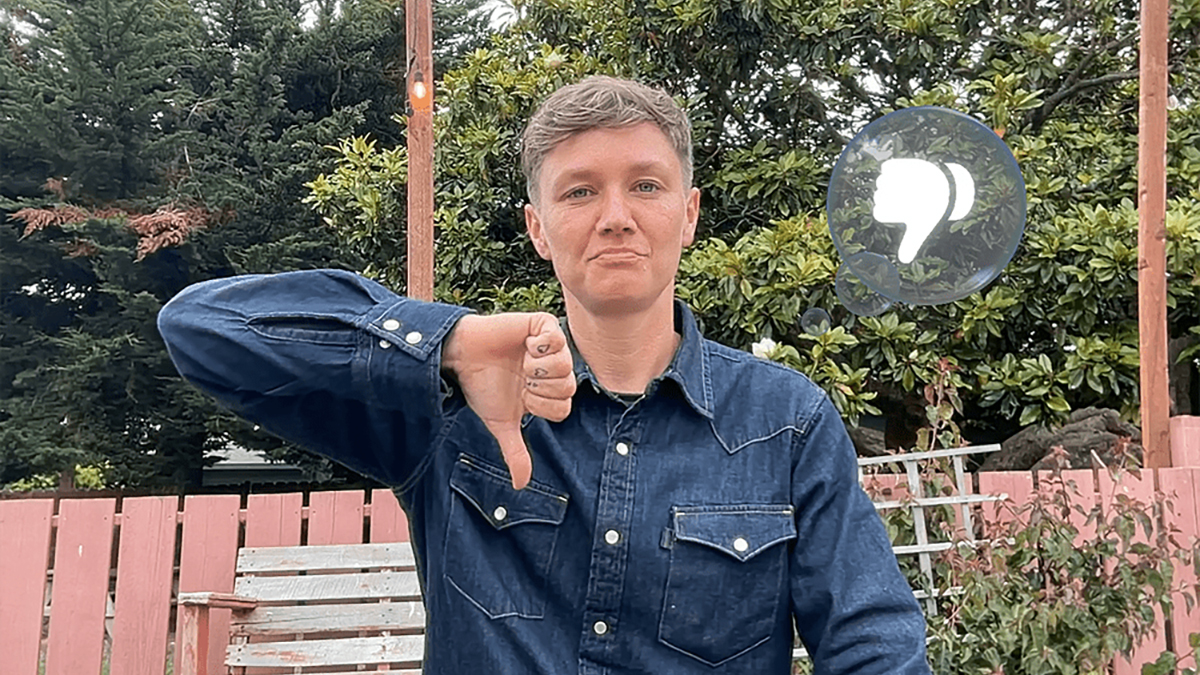iOS 17.4 might give you more options for turning off those FaceTime reactions
More third-party app control

The FaceTime video reactions Apple introduced in iOS 17 are kind of cool – fireworks when you show two thumbs up, and so on – but you don't necessarily want them going off on every call. Now it looks as though Apple is about to make the feature less prominent.
As per MacRumors, with the introduction of iOS 17.4 and iPadOS 17.4, third-party video calling apps will be able to turn the reactions off by default. In other words, you won't suddenly find balloons filling the screen on a serious call with your boss.
That "by default" is the crucial bit – at the moment, whenever you fire up FaceTime or another video app for the first time, these reactions will be enabled. You can turn them off (and they will then stay off for that app), but you need to remember to do it.
The move also means third-party developers get more control over the effects that are applied at a system level. As The Verge reports, one telehealth provider has already taken the step of informing users that it has no control over these reactions.
Coming soon

This extra flexibility is made possible through what's called an API or Application Programming Interface – a way for apps to interact with operating systems. It would mean the iOS or iPadOS setting no longer dictates the setting for every other video app.
The changes have been spotted in the latest beta versions of iOS 17.4 and iPadOS 17.4, though there's no guarantee that they'll stay there when the final version of the software rolls out. As yet it's not clear if the same update will be applied to macOS.
iOS 17.3 was pushed out on January 22, so we shouldn't have too much longer to wait to see its successor. Among the iOS 17.4 features in the pipeline, based on the beta version, we've got game streaming apps and automatic transcripts for your podcasts.
Sign up for breaking news, reviews, opinion, top tech deals, and more.
Apple will be hoping that a new version helps to encourage more people to actually install iOS 17 too. Uptake has been slower than it was with iOS 16, with users citing bugs and a lack of new features as reasons not to apply the update.
You might also like

Dave is a freelance tech journalist who has been writing about gadgets, apps and the web for more than two decades. Based out of Stockport, England, on TechRadar you'll find him covering news, features and reviews, particularly for phones, tablets and wearables. Working to ensure our breaking news coverage is the best in the business over weekends, David also has bylines at Gizmodo, T3, PopSci and a few other places besides, as well as being many years editing the likes of PC Explorer and The Hardware Handbook.